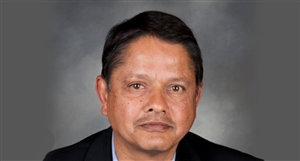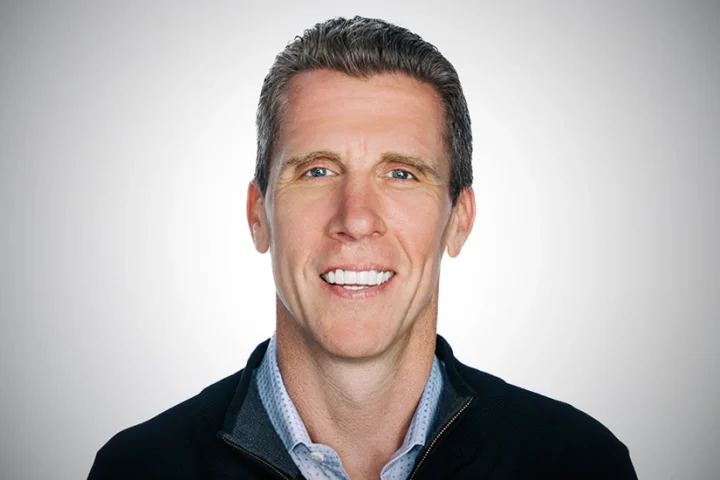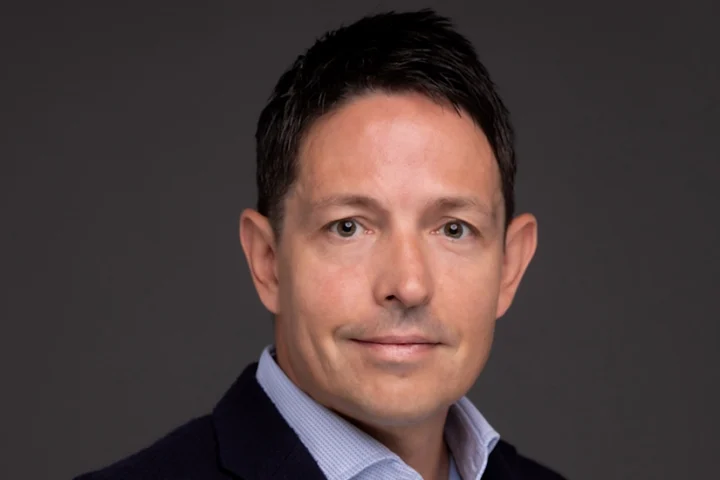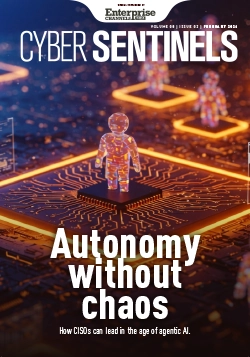Ari Bose to Drive IT Transformation, Enhance Customer Experience and Develop a Showcase IT Organization
Brocade announced the appointment of Ari Bose to the position of Chief Information Officer (CIO). Responsible for the strategic transformation of the global Brocade IT organization, Bose will report to Gale England, Vice President of Customer Advocacy and Operational Effectiveness.
Specifically, Bose is tasked with standardizing the company’s internal IT systems to support cross-functional collaboration and manage information security and risk. One major initiative is to continue expanding the company’s network-centric virtualization strategy in which Brocade currently operates at more than 70 percent virtual workloads.
England said, “We also lead by example, leveraging state-of-the-art solutions within our own environment to drive the business forward. For example, Brocade has put its IT innovation into action by deploying a world-class, ultra-modern and energy-efficient data center. This facility serves as a showcase for the possibilities of dynamic, virtualized data centers—as well as strategic ‘green’ initiatives. Ari’s appointment is pivotal in advancing our stance in this respect.”
With more than 30 years of experience in the high-tech industry, Bose has held a number of CIO positions at networking and other high-tech companies. Most recently at Polycom, he served as senior vice president and CIO, where he led the transformation of the global IT organization.
“It is fair to say that the networking market is changing at an exponential pace, driven largely by user demands and fiscal pressures,” said Bose. “Brocade has almost 20 years of experience in driving data center innovation, and I am thrilled at the prospect of continuing this heritage. I am excited about how the data center of the future can drive business transformation. I hope that by seeing how we are embracing fabrics and a highly virtualized architecture, other businesses will understand how Brocade can empower change within their own environments.”




















